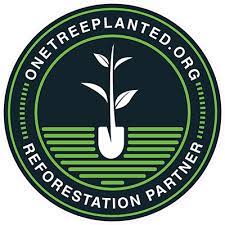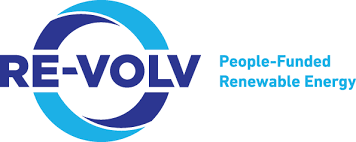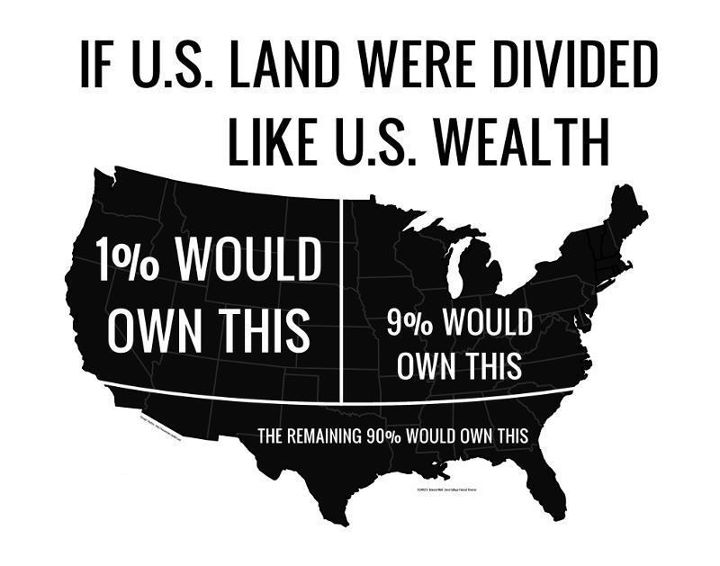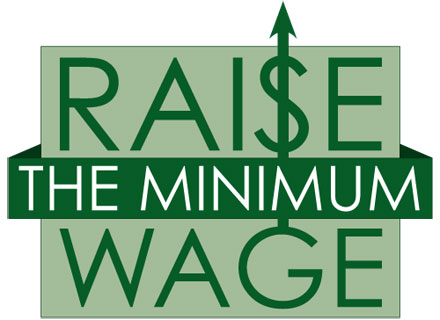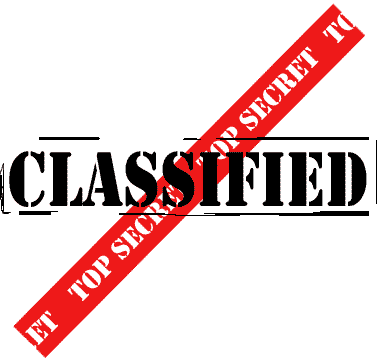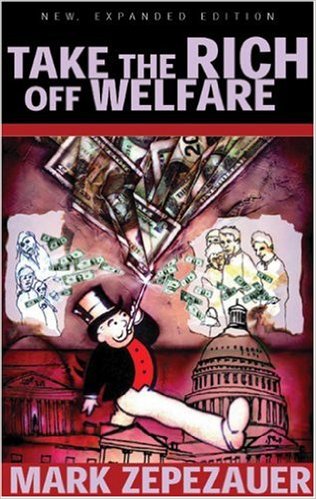Nixon, Watergate, and the JFK Assassination
by Mark Tracy
“I suppose, really, the only two dates that most people remember where they were, were Pearl Harbor and the death of President Franklin Roosevelt.”
—John F. Kennedy, 7 December 1961
Private citizen and future president Richard Nixon claimed to remember where he was during another momentous event — the assassination of President John F. Kennedy in Dallas, Texas on November 22, 1963. Nixon said that he first heard about Kennedy’s death during a taxi ride in New York, while a press photo taken on the day of the assassination shows a “shocked Richard Nixon” at New York’s Idlewild Airport.

In fact, the plane that Nixon had taken to New York’s Idlewild Airport on the day of the assassination had originated from Dallas, and Nixon had been in Dallas on the morning of the assassination. (Note: Nixon initially told the FBI that the only time he was in Dallas during 1963 was two days prior to the assassination of President Kennedy. See: Richard Nixon’s Greatest Cover-Up and Nixon’s Taxi-Cab Tales)
While in Dallas, Nixon met with right-wing elites and executives from the Pepsi-Cola company. Dallas journalist Jim Marrs gives this account: “With Nixon in Dallas was Pepsi-Cola heiress and actress Joan Crawford. Both Nixon and Crawford made comments in the Dallas newspapers to the effect that they, unlike the President, didn’t need Secret Service protection, and they intimated that the nation was upset with Kennedy’s policies. It has been suggested that this taunting may have been responsible for Kennedy’s critical decision not to order the Plexiglas top placed on his limousine on November 22.”
Notes: The Pepsi-Cola company had a sugar plantation and factory in Cuba, which the Cuban government nationalized in 1960; CIA contract agent Chauncey Holt told Newsweek magazine in 1991 that Pepsi-Cola President Donald Kendall was “considered by the CIA to be the eyes and ears of the CIA” in the Caribbean; a photograph in The Dallas Times Herald, taken on November 21, 1963 — the day before the assassination — shows Donald Kendall meeting with Richard Nixon in Dallas. (see below)

The newspaper caption reads: “NIXON TODAY … JFK TOMORROW — Former Vice President Richard M. Nixon, left, found himself in Dallas on a ‘quick business trip’ Thursday on the eve of President Kennedy’s visit to the city. With Mr. Nixon is Don Kendall, president of Pepsi Cola Bottling Co. Mr. Nixon’s New York law partnership represents the soft drink company.”
Other facts linking Nixon to the JFK assassination emerged after Nixon had become President, during the Watergate conspiracy. In his memoir, The Ends of Power, former White House Chief of Staff H. R. Haldeman cites several conversations in which President Nixon expressed concern about the Watergate affair becoming public knowledge and where this exposure might lead. Haldeman writes: “In fact, I was puzzled when he [Nixon] told me, ‘Tell Ehrlichman this whole group of Cubans [Watergate burglars] is tied to the Bay of Pigs.’ After a pause I said, ‘The Bay of Pigs? What does that have to do with this [the Watergate burglary]?’ But Nixon merely said, ‘Ehrlichman will know what I mean,’ and dropped the subject.”
Later in his book, Haldeman appears to answer his own question when he says, “It seems that in all of those Nixon references to the Bay of Pigs, he was actually referring to the Kennedy assassination.”
If Haldeman’s interpretation is correct, then Nixon’s instructions for him to, “Tell Ehrlichman this whole group of [anti-Castro] Cubans is tied to the Bay of Pigs,” was Nixon’s way of telling him to inform Ehrlichman that the Watergate burglars were tied to Kennedy’s murder. (It should be noted that many Cuban exiles blamed Kennedy for the failure to overthrow Castro at the Bay of Pigs, pointing to Kennedy’s refusal to allow the U.S. military to launch a full-scale invasion of the island.)
Haldeman also links the Central Intelligence Agency to the Watergate burglars and, by implication, to the Kennedy assassination. Haldeman writes, “…at least one of the burglars, [Eugenio] Martinez, was still on the CIA payroll on June 17, 1972 — and almost certainly was reporting to his CIA case officer about the proposed break-in even before it happened [his italics].”
The other Watergate conspirators included ex-FBI agent G. Gordon Liddy, ex-CIA agent James McCord, ex-CIA agent E. Howard Hunt, and Bay of Pigs veterans Bernard Barker, Frank Sturgis and Virgilio Gonzales.
E. Howard Hunt’s relationship with the anti-Castro Cubans traces back to the early 1960s, to his days with the Central Intelligence Agency. As a CIA political officer and propaganda expert, Hunt helped plan the Bays of Pigs operation and also helped create the Cuban Revolutionary Council — a militant anti-Castro organization. Hunt would later retire from the CIA (at least ostensibly) to become covert operations chief for the Nixon White House. (Note: Hunt maintained a working relationship with the Central Intelligence Agency even after his “retirement,” obtaining camera equipment and disguises from the CIA’s Technical Services Division for use in the Watergate burglary.)
Several reports over the years have placed Hunt in Dallas at the time of the Kennedy assassination. In 1974, the Rockefeller Commission concluded that Hunt used eleven hours of sick leave from the CIA in the two-week period preceding the assassination. Later, eyewitness Marita Lorenz testified under oath that she saw Hunt pay off an assassination team in Dallas the night before Kennedy’s murder. (Hunt v. Liberty Lobby; U.S. District Court for the Southern District of Florida; 1985) Click to read transcript
In taped conversations with Haldeman, Nixon is obviously worried about what would happen if Hunt’s involvement in the Watergate conspiracy came to light. Nixon says, “Of course, this Hunt, that will uncover a lot of things. You open that scab, there’s a hell of a lot of things, and we feel that it would be very detrimental to have this thing go any further … the President’s belief is that this is going to open the whole Bay of Pigs thing up again.” Click to Listen: President Nixon instructs Haldeman on what to tell the CIA (text below)
NIXON: When you get in to see these people, say, “Look, the problem is that this will open the whole, the whole Bay of Pigs thing, and the President just feels that…” ah, I mean, without going into the details of, of lying to them to the extent to say that there is no involvement. But, you can say, “This is sort of a comedy of errors, bizarre…” without getting into it, “…the President’s belief is that this is going to open the whole Bay of Pigs thing up again. And, ah because ah these people are playing for, for keeps and that they should call the FBI in and we feel that, that we wish for the country, don’t go any further into this case, period!”
Following instructions, Haldeman informed CIA Director Richard Helms of President Nixon’s concern that the Watergate investigation would “open the whole Bay of Pigs thing up again.” Haldeman gives this account of what transpired next:
“Turmoil in the room. Helms, gripping the arms of his chair, leaning forward and shouting, ‘The Bay of Pigs had nothing to do with this. I have no concern about the Bay of Pigs.’
“Silence. I just sat there. I was absolutely shocked by Helms’ violent reaction. Again I wondered, what was such dynamite in the Bay of Pigs story?”
Eleven days after Hunt’s arrest for the Watergate burglary, L. Patrick Gray, acting FBI Director, was called to the White House and told by Nixon aide John Ehrlichman to “deep six” written files taken from Hunt’s personal safe. The FBI Director was told that the files were “political dynamite and clearly should not see the light of day.” Gray responded by taking the material home and burning it in his fireplace. John Dean, council to the president, acted similarly by shredding Hunt’s operational diary.
Furthermore, as former White House correspondent Don Fulsom reveals, “The newest Nixon tapes are studded with deletions — segments deemed by government censors as too sensitive for public scrutiny. ‘National Security’ is cited. Not surprisingly, such deletions often occur during discussions involving the Bay of Pigs, E. Howard Hunt, and John F. Kennedy. One of the most tantalizing nuggets about Nixon’s possible inside knowledge of JFK assassination secrets was buried on a White House tape until 2002. On the tape, recorded in May of 1972, the president confided to two top aides that the Warren Commission pulled off ‘the greatest hoax that has ever been perpetuated.’ Unfortunately, he did not elaborate.”
E. Howard Hunt — CIA political officer and head of covert operations for Nixon — takes aim at Kennedy in his book, “Give Us This Day”: “Instead of standing firm, our government [under Kennedy] pyramided crucially wrong decisions and allowed Brigade 2506 [at the Bay of Pigs] to be destroyed. The Kennedy administration yielded Castro all the excuse he needed to gain a tighter grip on the island…. Under the administration’s philosophy, the real enemy became poverty and ignorance; any talk of an international Communist conspiracy was loudly derided. Detente and a ‘positive approach to easing international tensions’ filled the Washington air, to the wonderment of those of us who still remembered Budapest, the Berlin Wall and the fate of Brigade 2506.”
Hunt continues: “When President Kennedy on April 12 [1961] declared the United States would never invade Cuba my project colleagues and I did not take him seriously.”
Author Mark Lane in his book, “Plausible Denial” adds: “Kennedy had said publicly that no segment of the armed forces of the United States would participate in the invasion of Cuba. At the CIA they had heard the words but wanted to believe that he meant them for public consumption only.”
E. Howard Hunt refused to answer whether he was in Dallas on the day that President Kennedy was murdered. Click to read this 2004 interview (Note: In a deathbed statement released in 2007, Hunt claimed first-hand knowledge of a JFK assassination conspiracy and also said that he was one of the conspirators. Hunt, however, minimized his own role in the conspiracy. He fingered his fellow officers in the CIA, David Phillips, William Harvey, and David Morales.)
Regarding the Cuba situation, Theodore Sorensen, Special Counsel to John F. Kennedy, said: “We were deeply concerned that Khrushchev would respond [to a U.S. attack on Cuba] with an attack on Berlin, where he had the geographic advantage, and with nuclear weapons, which would have transformed that local battle into a terrible global struggle.”
—Theodore Sorensen, interviewed on CNN.com/ColdWar, 29 November 1998
After the Bay of Pigs fiasco, President Kennedy said to his friend, Assistant Navy Secretary Paul Fay: “Nobody is going to force me to do anything I don’t think is in the best interest of the country. I will never compromise the principles on which this country is built, but we’re not going to plunge into an irresponsible action just because a fanatical fringe in this country puts so-called national pride above national reason. Do you think I’m going to carry on my conscience the responsibility for the wanton maiming and killing of children like our children we saw here this evening? Do you think I’m going to cause a nuclear exchange — for what? Because I was forced into doing something that I didn’t think was proper and right? Well, if you or anybody else thinks I am, he’s crazy.”
—Paul Fay, “The Pleasure of His Company”
Kennedy also told Paul Fay: “Now, in retrospect, I know damn well that they [the Pentagon and the CIA] didn’t have any intention of giving me the straight word on this thing [the Bay of Pigs operation]. They just thought that if we got involved in the thing, that I would have to say ‘Go ahead, you can throw all our forces in there, and just move into Cuba.’ … Well, from now on it’s John Kennedy that makes the decisions as to whether or not we’re going to do these things.”
—Richard Reeves, “President Kennedy: Profile of Power”
“‘[The Joint Chiefs] were sure I’d give in to them and send the go-ahead order to the [aircraft carrier] Essex,’ he said one day to Dave Powers. ‘They couldn’t believe that a new President like me wouldn’t panic and try to save his own face. Well, they had me figured all wrong.'”
—”Johnny, We Hardly Knew Ye”, by Kenneth O’Donnell and Dave Powers
“President [Kennedy] heroically kept the country out of war — against relentless pressure from hard-liners in the Pentagon, CIA and his own White House, who were determined to militarily engage the enemy in Berlin, Laos, Vietnam and especially Cuba. Kennedy knew that any such military confrontation could quickly escalate into a nuclear war with the Soviet Union. And he realized that a full-scale invasion of Cuba or Vietnam could become hopelessly bogged down, turning into a bloody and endless occupation…. The only reason Cuba didn’t become the Iraq of its day was that Kennedy was too wise to be snookered by hard-liners into this trap. He had already been misled early in his administration by the CIA, which convinced him that its ragtag army of Cuban exiles could defeat Castro at the Bay of Pigs. JFK vowed that he would never again listen to these so-called national security experts….”
—David Talbot, “The Kennedy Legacy vs. The Bush Legacy”, Salon, 2 May 2007

